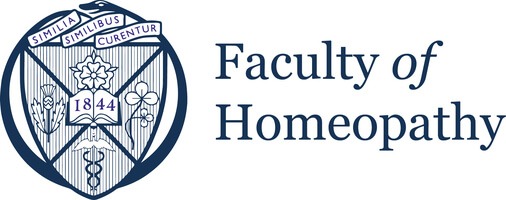Intravenous (IV) therapy is a therapy that delivers fluids directly into your bloodstream. IV therapy can be used to rehydrate your body, deliver medications, or provide nutrients that you might not be getting from your diet.
IV therapy has a number of potential benefits, including:
IV therapy bypasses the digestive system, which can allow your body to absorb fluid and nutrients more quickly. This can be especially beneficial if you’re dehydrated or if you’re not able to eat properly.
By delivering fluids and nutrients directly to your bloodstream, IV therapy can help improve circulation throughout your body. This can help increase energy levels and promote healing.
IV therapy can help relieve pain by faster delivery of pain medications directly to the blood stream.
IV drips can deliver vitamins and minerals that support the function of your immune system. This can help fight infection and promote healing for example high-dose vitamin C can help fight infections.
Intravenous therapy when administered by experienced healthcare professionals is a safe and effective treatment option for a variety of acute and chronic conditions conditions.
An IV drip is a sterile, mixed solution of saline (salt water) and vitamins, minerals, and other substances that are inserted into your body through a small catheter (tube). The solution is slowly pushed through the catheter and into your body over a period of time.
This method of vitamin delivery bypasses the digestive system and allows 100% absorption of the nutrients.
IV drips are often used to treat dehydration, migraines, hangovers, colds & flu, jet lag, anxiety, stress, as well as serious acute conditions in a hospital environment such as cancer, and heart disease.
They can also be used for preventative purposes such as increasing energy levels, aiding in recovery from strenuous exercise, and boosting the immune system and to improve the appearance of your skin .
One of the main benefits of IV drip therapy is that it can help to increase hydration. When you are properly hydrated, your body is able to function at its best. You will have more energy and your skin will look healthier. If you are not properly hydrated, you may experience fatigue, dry skin, and headaches. A vitamin drip can help to prevent these problems by making sure that you are getting the fluids that your body needs.
A variety of nutrients, including vitamins, minerals, and amino acids, can be delivered directly into the bloodstream which allows for increased absorption of these nutrients, as they bypass the digestive system.
This can be especially beneficial for those who are dehydrated due to illness, strenuous exercise, or heat exposure.
Research shows that IV drip therapy can help to relieve the symptoms of hangovers and migraines. The intravenous delivery of fluids and nutrients helps to rehydrate the body and replenish electrolytes, which can help to reduce the symptoms of headache and nausea.
As a result of your body being properly hydrated and having the needed nutrients IV therapy can also be help to treat a variety of conditions, including:
IV Drip Therapy is also often used as a preventative measure, providing the body with the nutrients it needs to maintain optimal health and ward off illness.
Although drip therapy has many benefits it does not come risk free. These include infection, inflammation, and phlebitis.
One of the most common risks associated with intravenous therapy is infection. The risk of infection increases when the area around the IV insertion site is not kept clean or when the insertion site is not properly cared for.
If you are receiving IV therapy at home, it is important to follow the instructions of the healthcare professional to reduce your risk of infection.
Allergic reactions is another risk associated with IV therapy and while most reactions are mild, some can be severe and even life-threatening. If you have a history of allergies or sensitivities, make sure that your healthcare provider knows before starting the therapy.
Mild reactions may include hives, itchiness, and swelling. These can usually be treated with antihistamines. More severe reactions may cause difficulty breathing, low blood pressure, and even shock.
Infiltration is one of the most common risks associated with IV drips. Infiltration is when the IV needle or catheter accidentally slips out of the vein and into the surrounding tissue. This can cause pain, swelling, and irritation. If infiltration occurs, the IV will need to be removed and a new one will need to be inserted in a different location.
Other risks associated with IV therapy might include:
-Bleeding or bruising at the IV insertion site
-Inflammation of the veins
-Blood clots
-Air bubbles in the blood
-Fluid overload
Making sure therefore that your IV drip is administered by a suitably qualified person is very important.
Though there are many potential benefits of vitamin infusion therapy, it’s important to consult with a medical professional to determine if it’s right for you. IV therapy is not without risks, and some people may be more likely to experience complications than others. If you’re considering IV therapy, be sure to speak with our doctor about the risks and benefits before you book an appointment.

Consultant in General Internal Medicine (GMC reg. number: 7541548) and Specialist in Complementary Cancer Care
MBBS, MRCIM (Spain), MSc Homeopathy, MFHom, Master practitioner in Ericksonian Hypnotherapy and Neurolinguistic Programming, MSc in Nutrition
Integrated medicine Doctor and Holistic Medicine Practitioner



